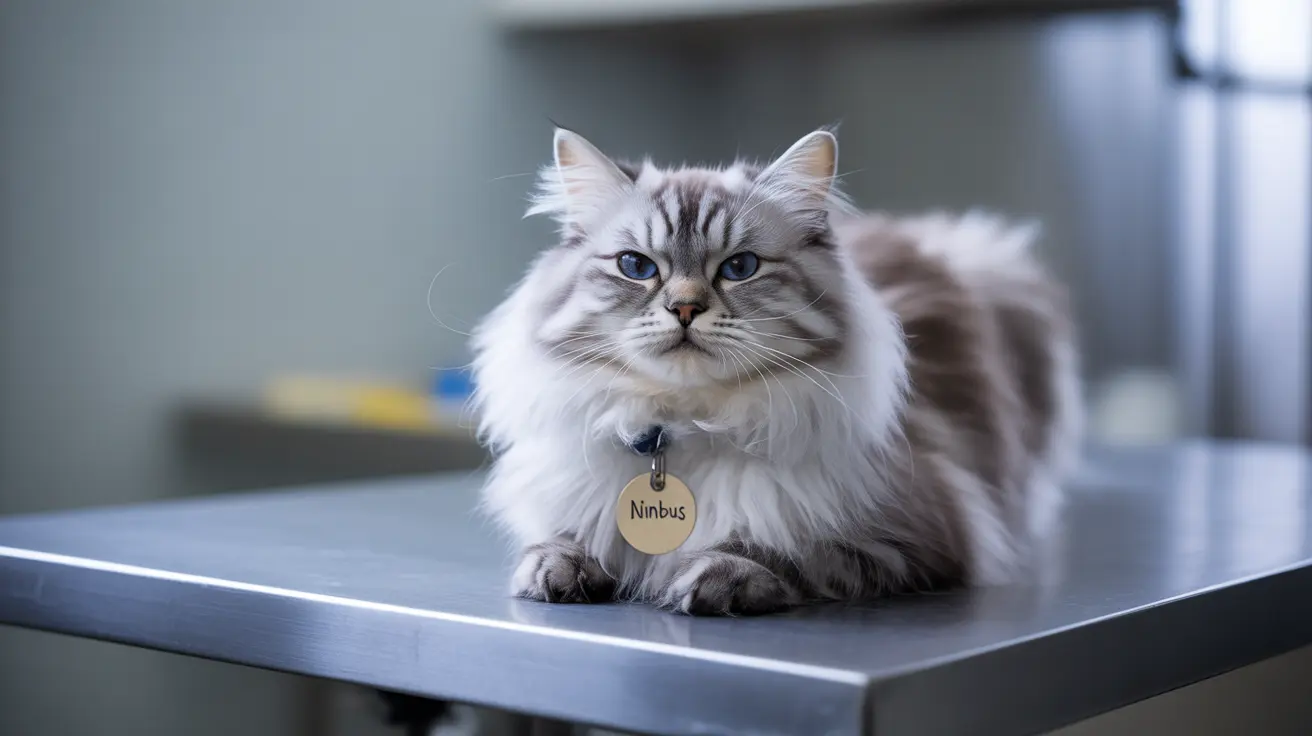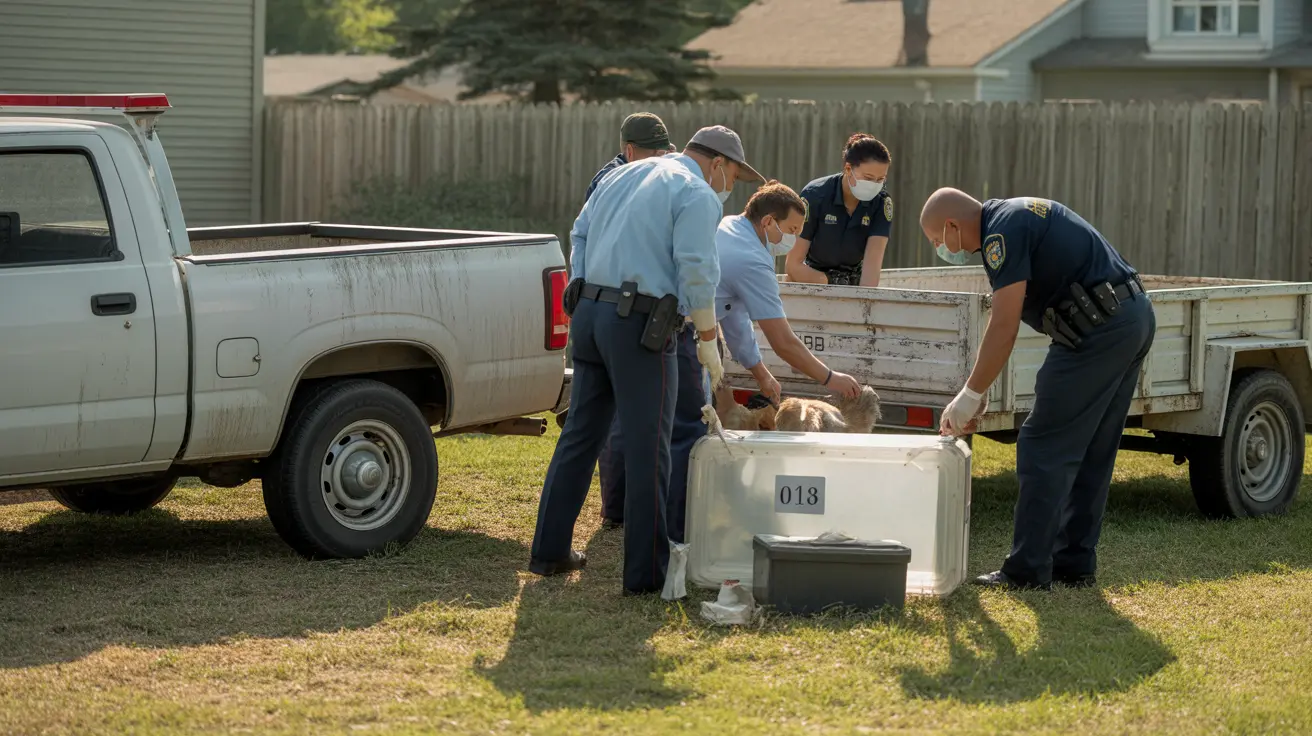When your feline friend starts squinting one eye, it's more than just a cute expression - it could be signaling an underlying health issue that requires attention. From minor irritations to serious medical conditions, understanding why your cat is squinting one eye is crucial for their well-being and comfort.
As a cat owner, recognizing the signs and knowing when to seek veterinary care can make the difference between a quick recovery and potential complications. Let's explore the various causes, symptoms, and treatment options for this common feline condition.
Common Causes of One-Eye Squinting in Cats
Eye Trauma and Injuries
Physical injuries are a frequent cause of eye squinting in cats. Whether from a scuffle with another animal or an accidental scratch, trauma can result in pain and protective squinting. Outdoor cats are particularly susceptible to these injuries, which may be accompanied by redness, swelling, or visible damage to the eye area.
Foreign Objects and Irritants
Sometimes, the simplest explanation is the correct one. Dust, pollen, or small debris can become lodged in your cat's eye, causing irritation and squinting. While this might seem minor, even small particles can cause significant discomfort and potential damage if not addressed.
Serious Medical Conditions
Infections and Diseases
Eye infections, particularly conjunctivitis (pink eye), are common in cats. These conditions often present with squinting, discharge, and redness. Viral infections like feline herpesvirus can also trigger eye problems, sometimes affecting both eyes but often starting with just one.
Corneal Issues
Corneal ulcers and abrasions are serious conditions that require immediate veterinary attention. These painful injuries to the eye's surface can lead to infection and vision loss if left untreated. Signs include intense squinting, excessive tearing, and visible cloudiness in the affected eye.
When to Seek Veterinary Care
While some cases of eye squinting might resolve on their own, certain symptoms warrant immediate veterinary attention:
- Colored or thick discharge
- Visible swelling or redness
- Changes in eye appearance
- Signs of pain or distress
- Squinting that persists for more than a few hours
Treatment Options and Prevention
Treatment varies depending on the underlying cause but may include:
- Antibiotic eye drops for bacterial infections
- Anti-inflammatory medications
- Removal of foreign objects by a veterinarian
- Pain management medications
- Protective collars to prevent self-injury
Prevention strategies include keeping your cat's environment clean, maintaining regular veterinary check-ups, and addressing eye issues promptly before they become severe.
Frequently Asked Questions
Why is my cat squinting one eye but not the other?
Single-eye squinting often indicates a localized problem such as injury, foreign object, or infection affecting that specific eye. This is different from normal blinking or squinting both eyes in bright light.
What are the common causes of one-eye squinting in cats?
Common causes include physical trauma, foreign objects, infections like conjunctivitis, corneal ulcers, and allergic reactions. Some cases may also be related to underlying health conditions.
When should I take my cat to the vet for squinting and eye discharge?
Seek veterinary care immediately if you notice colored discharge, persistent squinting (more than a few hours), visible eye damage, or signs of pain. Early intervention often leads to better outcomes.
How can I safely check if my cat has something stuck in their eye?
Gently examine the eye in good lighting, but avoid touching it directly. Look for visible debris or foreign objects. Never attempt to remove objects yourself - this should only be done by a veterinary professional.
What treatments are available for cats that squint due to eye infections or injuries?
Treatments may include antibiotic or antiviral medications, eye drops, pain relief, and in some cases, surgery. The specific treatment plan will depend on the underlying cause determined by your veterinarian.
Remember, your cat's eyes are delicate and vital organs. When in doubt about any eye-related symptoms, it's always better to err on the side of caution and consult with your veterinarian.






